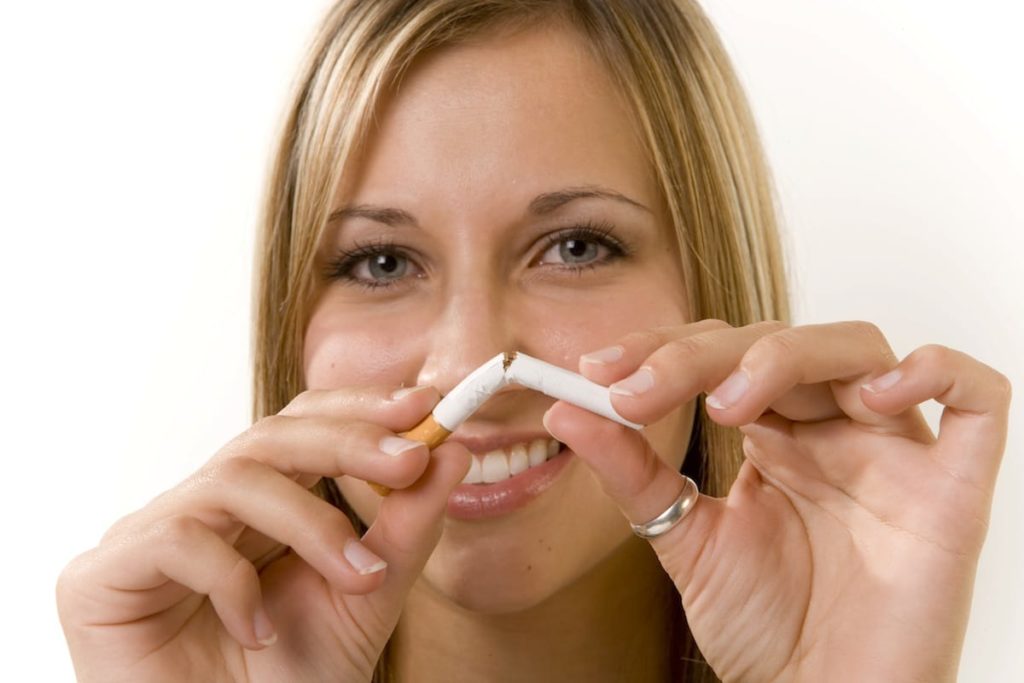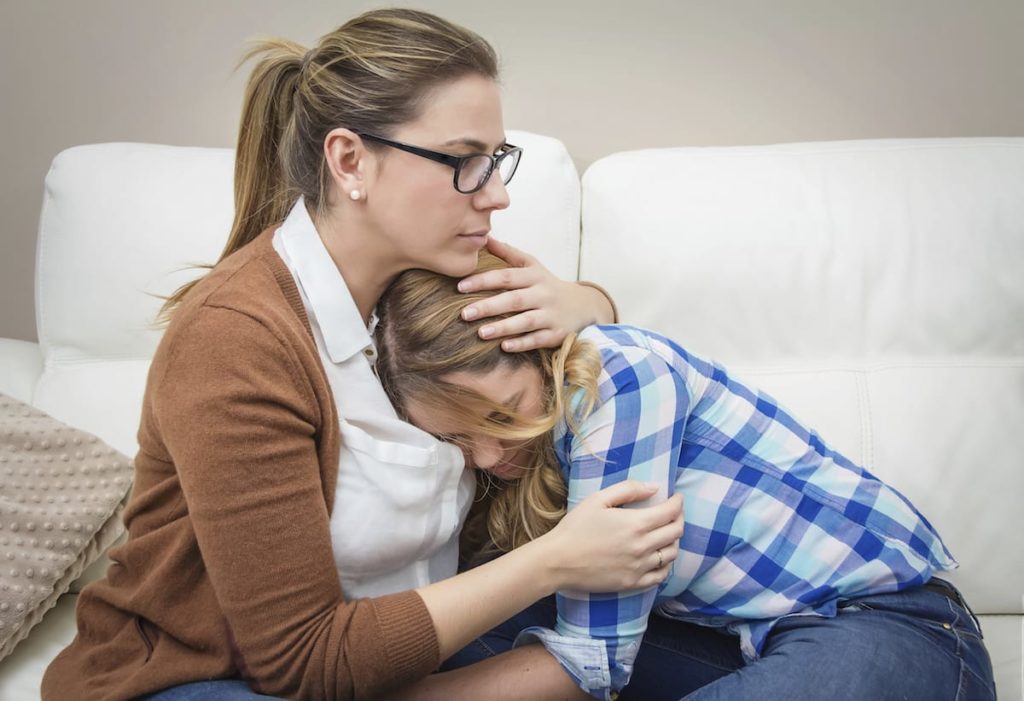Busy adults are quite familiar with the effects of sleep deprivation, but did you know that sleep deprivation in teenagers is a serious problem? While it may seem like teenagers tend to sleep more than any other age group, today’s teens are actually plagued by a lack of quality rest.
How Many Teens Are Sleep Deprived?
According to the Centers for Disease Control and Prevention (CDC), nearly 70% of high school students are sleep deprived. The National Sleep Foundation says that teenagers need between 8 and 10 hours of sleep per night. However, almost two-thirds of teenagers sleep less than 7 hours per night.
How Does Sleep Deprivation Affect Teens?
Teens who suffer from sleep deprivation may notice problems at home, in school and with peers. Common side effects of sleep deprivation in teenagers include:
- Falling asleep in class
- Poor concentration
- Poor academic performance
- Drowsy-driving accidents
- Anxiety and panic attacks
- Depression
- Poor decision making
- Risk-taking behavior
- Clumsiness and slowed reflexes
- Weakened immune system
- Truancy
What Causes Sleep Deprivation in Teenagers?
The CDC found that sleep deprivation in teens may be caused by a number of factors, many of which combine to make it nearly impossible for America’s youth to get adequate sleep. Some causes of sleep deprivation include:
- Drinking one or more soda drinks per day
- Not getting enough exercise (at least 60 minutes per day 5 days per week)
- Excessive time spent in front of a computer (3 or more hours)
- Engaging in physical violence such as fighting with peers
- Smoking cigarettes and/or marijuana
- Drinking alcohol
- Mental health issues such as depression
- Frequently changing one’s daily schedule and not having a sleep routine
Plus, teens are under immense pressure to perform well in school, sports and extracurricular activities. In addition to attending a full school day, the average teen also participates in at least one sport and spends several hours completing homework each day. Some high school students even hold part-time jobs. With most middle and high schools in America starting before 7:00 a.m., teens simply don’t have enough time at night to sleep before their alarm clocks wake them up for another day of school. However, schools that have pushed their start times to after 8:00 a.m. have noticed:
- Improved attendance
- Improved grades in first period classes
- Improved overall GPAs
- Improved state assessment scores
- Improved student-family interactions
- Improved college admissions test results
- Decreased student car accidents
- Decreased number of students falling asleep in class
If you know a teen who shows any of the signs of sleep deprivation, talk to him or her about establishing a sleep routine. Going to bed and waking up at the same time each day can help teens fall asleep and enjoy more restful sleep. If he or she is addicted to substances, help them get treatment. Also, get involved in your teen’s school board. You can make a difference in a school’s decision to start class times later and help students get more precious sleep. Sources: “Teen Sleep Habits” – Centers for Disease Control and Prevention (CDC) https://www.cdc.gov/media/subtopic/matte/pdf/2011/teen_sleep.pdf “Sleep Deprivation in Adolescents and Young Adults” – UC San Francisco: National Adolescent and Young Adult Health Information Center https://nahic.ucsf.edu/wp-content/uploads/2014/08/Sleep-Brief-FINAL.pdf “Among teens, sleep deprivation an epidemic” – Stanford Medicine News Center https://med.stanford.edu/news/all-news/2015/10/among-teens-sleep-deprivation-an-epidemic.html “Young and sleep deprived” – American Psychological Association (APA) https://www.apa.org/monitor/2016/02/sleep-deprived.aspx






